Filter by
Success stories (166)
RSS
Maritime and fisheries industry increasingly needs to adapt to higher fuel costs and new regulations to reduce harmful emissions. The Aspiring Wingsails project developed, tested and validated a wind propulsion system (eSAIL®) that reduces the fuel use and pollutant emission of fishing vessels.

The ocean is currently the source of only up to 2% of human food, although it covers more than 70% of the Earth’s surface. The recent communication “Towards a Strong and Sustainable EU Algae Sector” identifies farmed seafood as an important source of alternative protein for food and feed
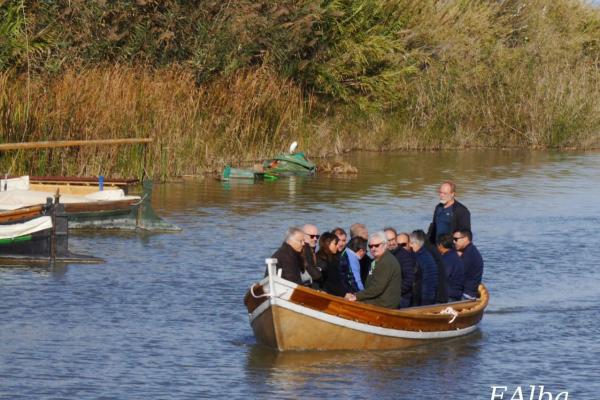
Greening maritime shipping is a major objective of the European Green Deal. The objective of moving away from fossil fuels and reducing CO2 emissions is not only being sought at political level.
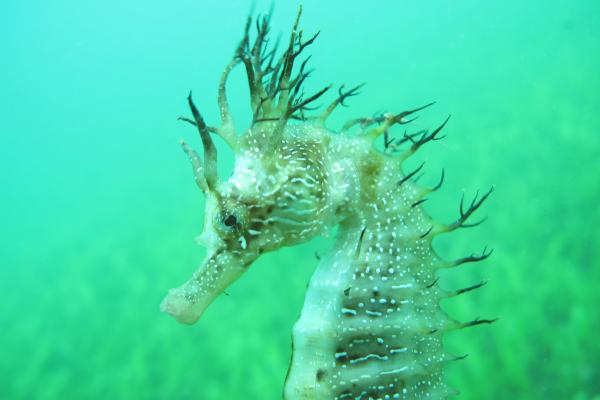
At the start of the century the Ria Formosa lagoon in southern Portugal was home to the biggest seahorse population in the world. Only two decades later, the situation has changed dramatically, and seahorse numbers have fallen by more than 90%. HIPPOSAVE is an action plan for the recovery and
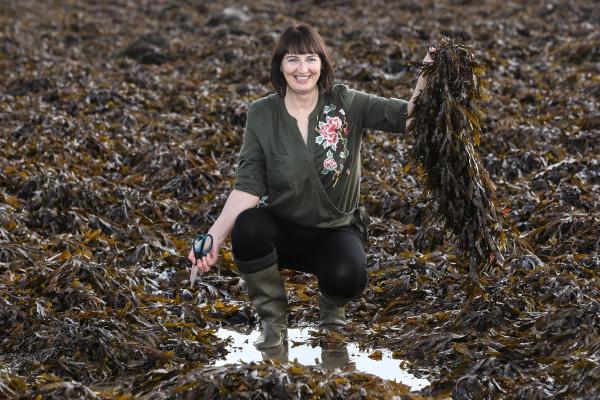
Ocean Leaves harnesses the natural benefits of algae to produce a range of products for the domestic gardening and agricultural sectors. Ocean Leaves’ products act as 'bio-stimulants' that can help to regulate and enhance the physiological processes of plants,

Fishers can lack the necessary time to follow the ever evolving societal needs and legislative evolutions in fisheries. In the Netherlands, the Vistikhetmaar (“I fish I knew”) project set up a website to provide fishers and fishing academies with a “one-stop shop” presenting tailor-made,
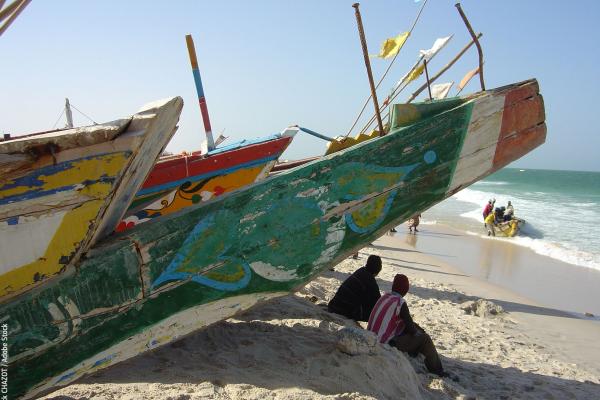
Small-scale fisheries account for 85% of all fishing vessels in the EU but they are currently not monitored: it is difficult to know where and when they fish, and how much. This represents a challenge to manage fish stocks in a sustainable manner.

Christer Wannebro had been a pig farmer for 25 years. In 2018, his stables needed renovation, and he felt a strong curiosity to start something new professionally. In that year, he took part in a seminar about circular on-farm aquaculture and decided to give it a try.
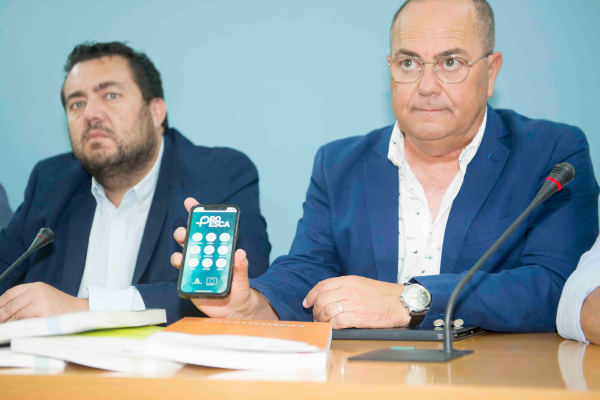
In the Gulf of Cádiz in Spain, coastal fishers have teamed up with three fisheries local action groups (LAGs) to sustainably manage the local fisheries and ensure the fisher’s livelihood in the future. At the same time they have developed an app, ProPesca, to facilitate the lives of the coastal
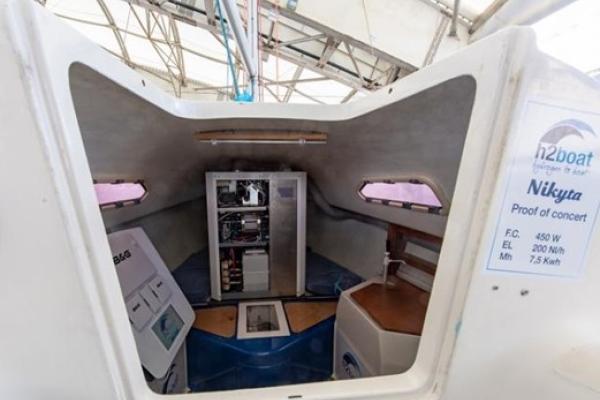
Italian start-up h2boat has developed a very promising hydrogen technology which reduces the CO2 emission of maritime transport. With the help of the EU initiative BlueInvest, it has received coaching to expand its business.
